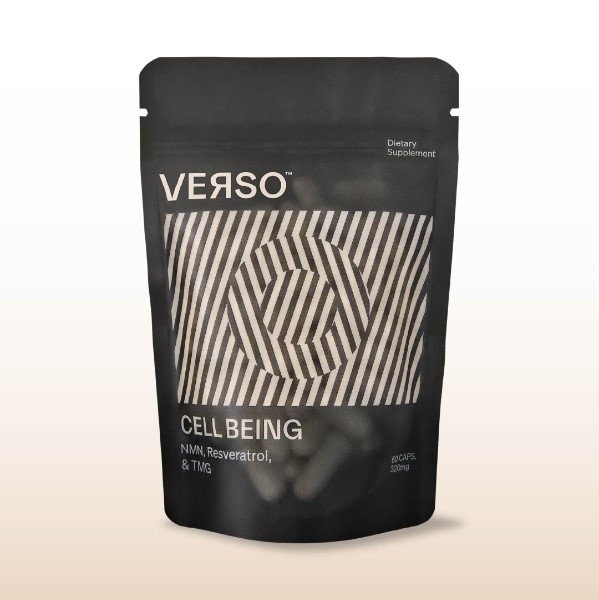Looking ahead, Verso Cell Being has ambitious plans for expansion. Cell biology is a fascinating field that explores the intricate workings of cells, which are the building blocks of life. Within this vast realm lies an intriguing area known as verso cell biology. Verso cells are a unique type of cell that possess distinct characteristics and functions, making them a subject of great interest for researchers. Verso cells were first discovered in 2005 by Dr. Maria Rodriguez at the prestigious Institute for Cellular Research. These cells exhibit remarkable versatility and adaptability, allowing them to perform various roles within different tissues and organs throughout the body. Unlike other specialized cells that have limited capabilities, verso cells can transform themselves into different types of tissue-specific cells when needed.
One key aspect that sets verso cell biology apart from traditional cell biology is its focus on understanding how these versatile cells maintain their pluripotency – their ability to differentiate into any type of cell in the body. This pluripotent nature makes verso cells highly valuable in regenerative medicine and tissue engineering applications. Researchers have been working tirelessly to unravel the secrets behind verso cell pluripotency. One theory suggests that specific genetic factors play a crucial role in maintaining this unique characteristic. By identifying these factors, scientists hope to gain insights into how they can manipulate other types of stem or progenitor cells to acquire similar properties. Another exciting avenue being explored is epigenetics – verso cell being studying changes in gene expression without altering DNA sequences – as it relates to verso cell biology. Epigenetic modifications control which genes are turned on or off within a given cell type, ultimately determining its fate and function.
Understanding how epigenetic mechanisms regulate pluripotency could provide valuable information for manipulating other types of stem or progenitor cells. Furthermore, recent advancements in single-cell sequencing technologies have allowed researchers to delve deeper into understanding individual verso cells’ molecular profiles and heterogeneity within populations. This newfound ability has opened up avenues for investigating cellular diversity and identifying key factors that contribute to pluripotency maintenance. The potential applications of verso cell biology are vast. Harnessing the power of these versatile cells could revolutionize regenerative medicine, offering new avenues for treating diseases and injuries that were previously considered incurable. For instance, researchers envision a future where damaged organs can be repaired or replaced using patient-specific verso cells, eliminating the need for organ transplantation. Moreover, understanding how verso cells maintain their pluripotency may shed light on the development of certain cancers.

